

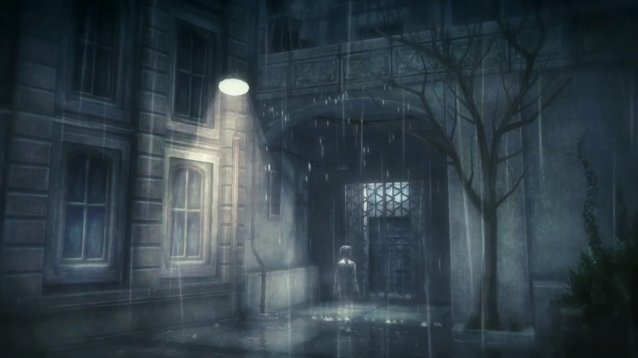
The Greek myths are full of compelling tales, but few hold up better than that of Sistyphus, who was condemned to an eternity of rolling a boulder up a hill only for it to slip from his hands and roll back to level ground at every attempt. Today, we have the word “Sisyphean” to describe tasks that seem to take forever and have no point, and more abstractly that term is sometimes used to sum up what a chronically depressed person feels about his life. It’s all a grind, we’re alone, it never ends, and so on. That sort of mindset can lead to suicidal thoughts and attempts on one’s own life. Having that image in your head is tough to deal with.
But imagine you’re rolling that figurative rock up that figurative hill, and you look over and notice somebody else doing the same thing. That’s how, once all was said and done, I interpreted Rain.
PlayStation CAMP’s Rain is about a young boy who finds himself to be invisible but still with form. When exposed to Rain, his shape is visible; when under cover, it is not. On top of that existential dilemma, he is in a world populated by similarly invisible beasts who are out to get him. As the game tells us early on, this unnamed boy feels safe when no one can see him, but...
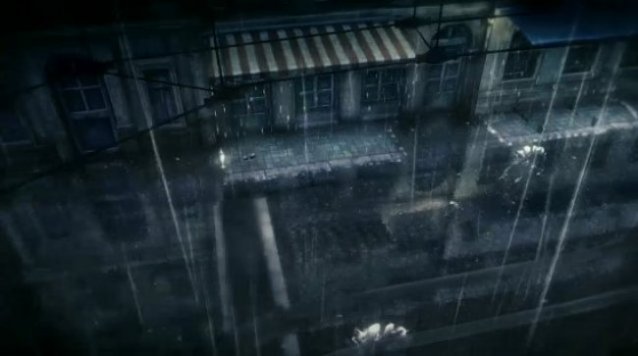
Meanwhile, Rain is also about a young girl in the same situation as the boy: invisible and hunted. The boy sees her, but the girl does not see him, and for a time their individual Sisyphean journeys through a world of threats they can’t directly combat run in parallel. Once she does realize the boy is there, magic happens: while they aren’t always traveling side by side, they watch out for each other and bring aid when the other is most in need of it.
As the story progresses, it becomes clear that among all their foes there is one that stands out, dubbed “The Unknown,” that never stops hounding them even as all the other dangers stay in their own territories. The Unknown is a constant, as no matter where they go it follows. There can be no peace, no rest, because this haunting figure will always be there to try to kill them.
What I describe above is a compelling concept, but Rain’s presentation should be credited with making the experience so utterly poignant. Mechanically speaking, this game about sneaking around bad guys you can’t shoot could be lumped in with recent indie horror games like Outlast or Amnesia: A Machine for Pigs, but doing so would be incorrect. Rain is not scary or stressful -- it is melancholy.
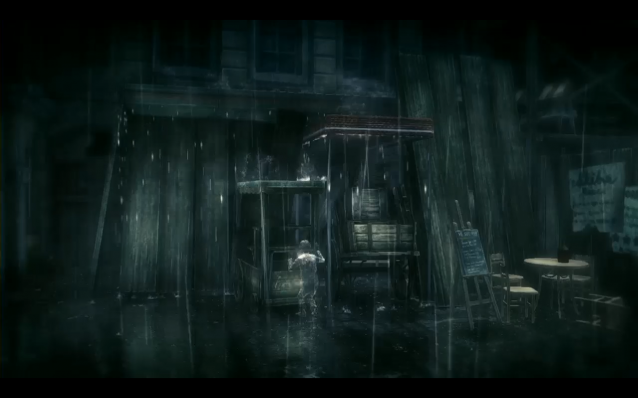
Rain is novel in which you are the main character. Your participation is limited to acting out the tale someone else has written. As you do so, sentences appears in the environment to give context in a game with no dialogue, to explain what you’re doing at a given moment, to give you direction. Ponderous music will play on cue to complement the events you’re enacting as well as to drive the mood home.
Playing Rain will not challenge that organ in your skull or the muscles in your hands and arms all that much, but it isn’t supposed to. I think when you look at what Jessica Curry of The Chinese Room said last week about her studio not being worried about mechanics, Rain is the sort of product her studio envisions. (Though I find Rain to be far better than A Machine for Pigs or Dear Esther.) PlayStation CAMP is giving you some of the framing sentences from the story and having you act out the rest of the prose. There’s no flexibility in the experience, as every puzzle and encounter has a predetermined sequence that must be executed, but it works.
And with this sort of presentation, Rain feels akin to the short stories from Lost Odyssey (here is one example) in game form, and I mean that as a high compliment.
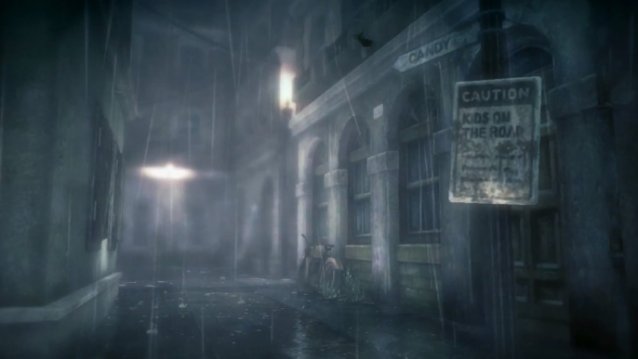
As a figurative story, Rain is very much open to interpretation, and I didn’t even begin to form my own (what I describe in the first two paragraphs of this review) until I was viewing the denouement. That denouement, by the way, hit me like a ton of bricks. There was considerable movement in my emotions as I played through Rain’s eight chapters, but when it drew to a close I was totally crushed.
Many video game developers have for a couple decades now attempted to meld various other media onto a skill component with the thought that that is what makes a game its own thing. Rain does at the least pay lip service to the all-mighty skill component, but in giving legitimate effort to the idea of incorporating storytelling into gameplay -- every action you take in the game could believably be described in text were this story actually a novel, which is a strange thought -- PlayStation CAMP has crafted a truly complete video game narrative experience. That isn’t a claim many other studios can reasonably make.
10 out of 10
A copy of the game was provided by the publisher for the purpose of this review.
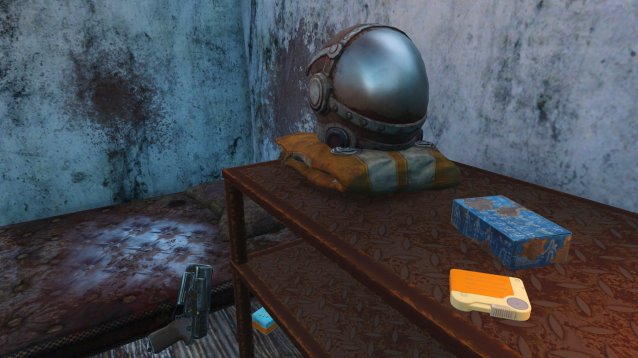
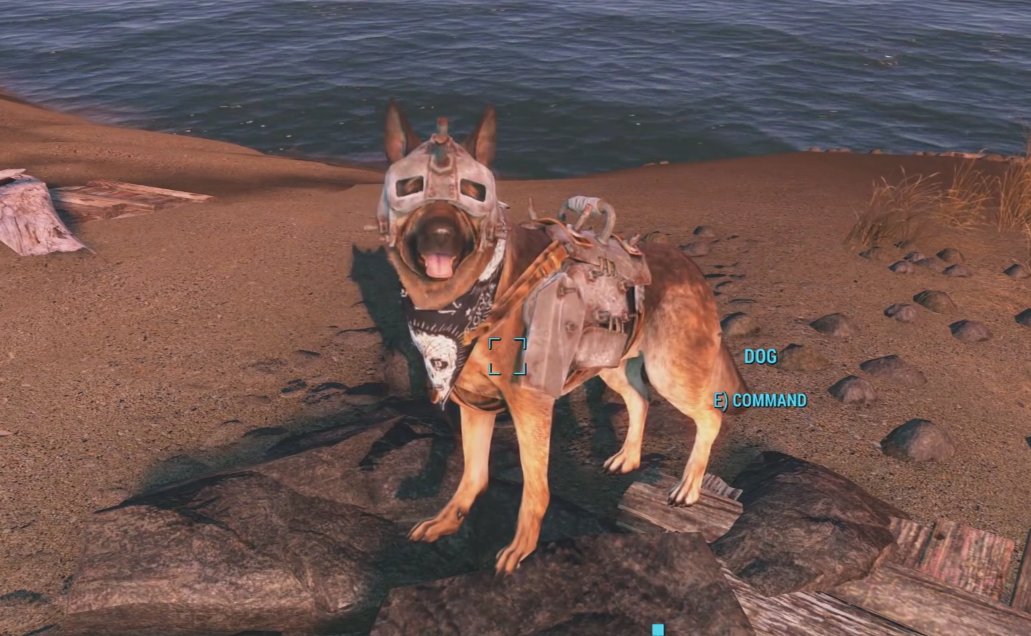


 Euro Truck 2: most famous 18 Wheeler truck games
Euro Truck 2: most famous 18 Wheeler truck games How to Fix Destiny Crashes & Error Codes (Like Ce-34787-0 Error)
How to Fix Destiny Crashes & Error Codes (Like Ce-34787-0 Error)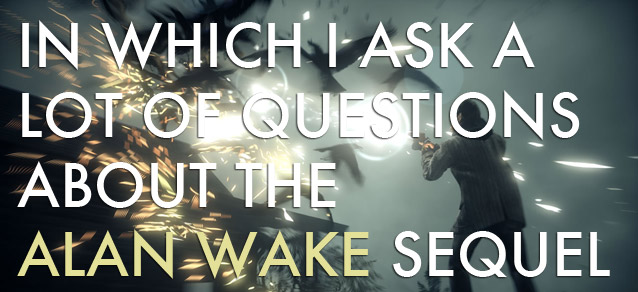 In Which I Ask a Lot of Questions About the Alan Wake Sequel
In Which I Ask a Lot of Questions About the Alan Wake Sequel Fallout 4 Guide: Tips for Making the Most of the Combat System
Fallout 4 Guide: Tips for Making the Most of the Combat System Fallout 4: How to Get Armor for Dogmeat and Equip It
Fallout 4: How to Get Armor for Dogmeat and Equip It